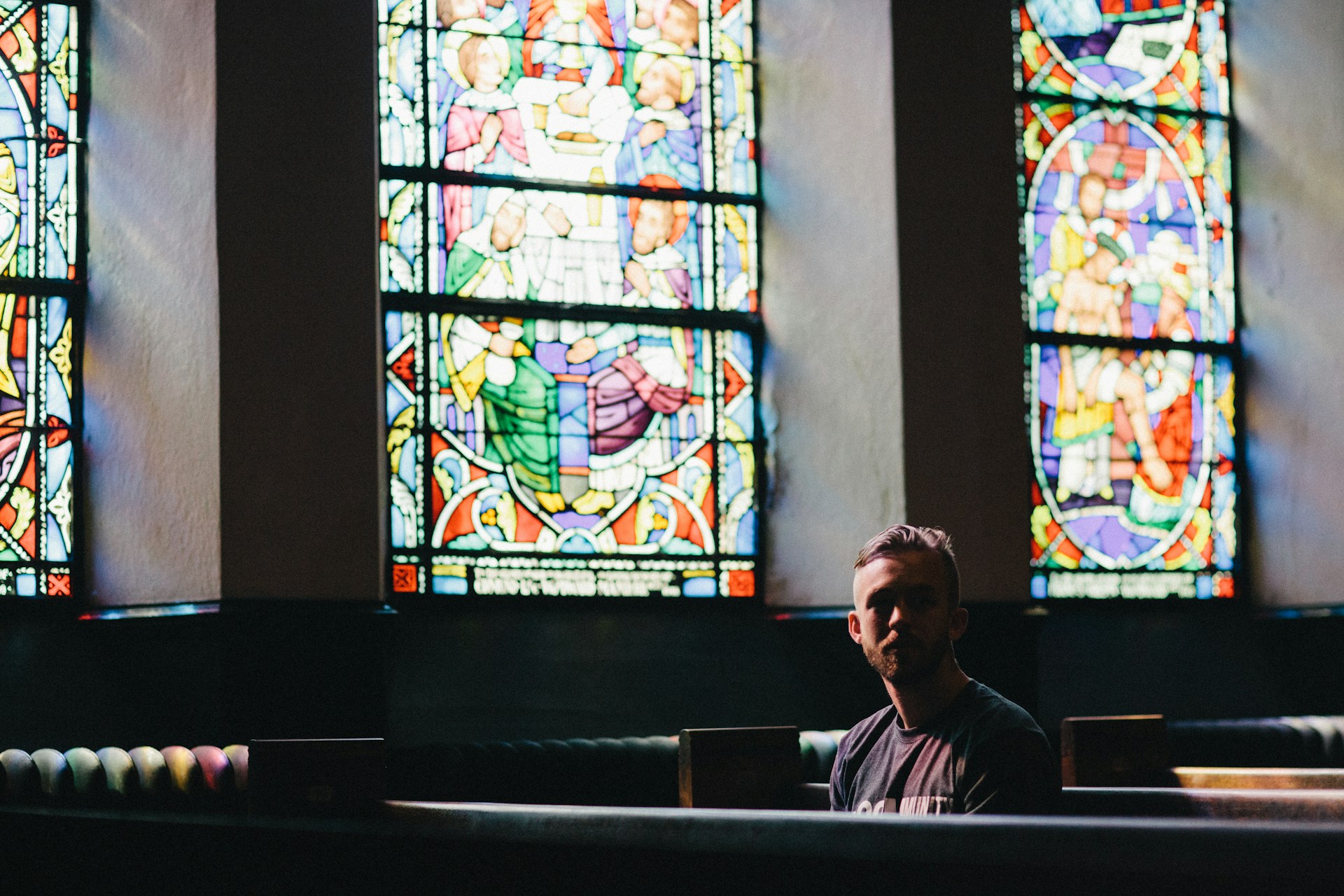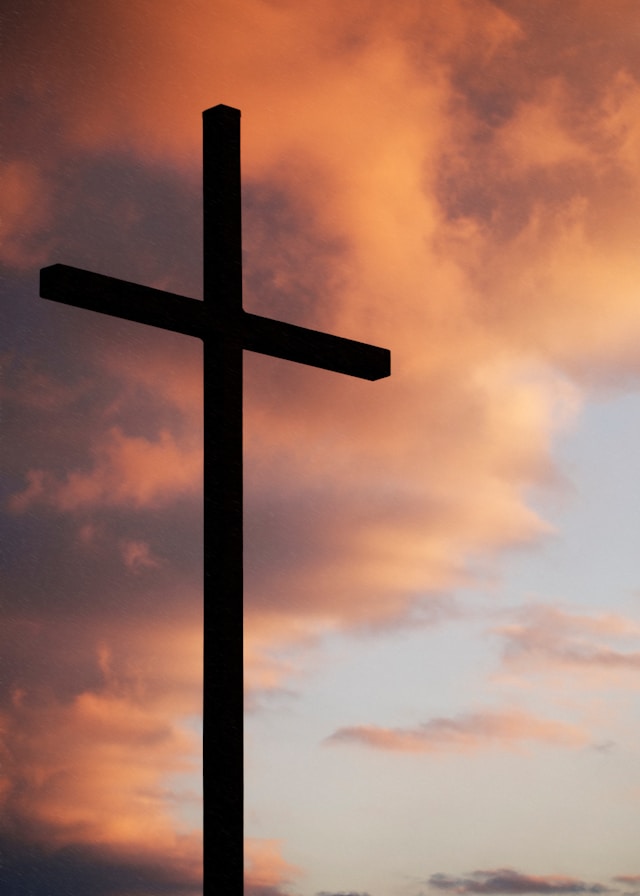File It…
Satisfied
God wants you to live completely satisfied in Him, but so many people have a misconception about what will satisfy them. Scripture tells us that when we hunger and thirst for righteousness, then we will live in complete satisfaction.
You direct your hunger by choosing what you focus on. For example, if you focus on your favourite food, if you start thinking about it early in the morning and all throughout the day, chances are that by the end of the day, you’ll be eating it! What you give your attention to, you will desire. In the same way, the more you give your attention to God and His Word, the more you will hunger for Him; and when you hunger for Him, you will be filled (satisfied)!
Today, the world offers so many things to give your attention to, but they will not satisfy. You might think you want a particular car, or fashionable clothes, or live in a particular neighbourhood. There’s nothing wrong with those things, but understand that “things” won’t ever satisfy you. Recognize that only God will completely satisfy you, so hunger and thirst for Him!
“Blessed [joyful, nourished by God’s goodness] are those who hunger and thirst for righteousness [those who actively seek right standing with God], for they will be [completely] satisfied.” (Matthew 5:6, AMP).
Let’s Pray
Yahweh, I come to You today, releasing anything that has captured my heart and attention more than You. Father, I long to be spiritually and physically satisfied, please fill me. Today, I choose to give You top priority and hunger for Your righteousness, in Jesus’ name! Amen.
Celebration
The Question Is…
Constantly Moving
A Church on the Move
Leaders Move First
It’s much easier to challenge others to do evangelism, than to be personally involved in it. This is especially true if we find ourselves in a leadership position.
Move!
The Sabbath was established before Adam and Eve sinned. If it existed before sin, how can it be abolished?
The Sabbath, according to biblical teachings, holds a unique and enduring significance that transcends the event of sin entering the world. Understanding the origins and purpose of the Sabbath provides insight into why it is seen as an eternal practice rather than something contingent upon the presence of sin.
The Origin of the Sabbath
The Sabbath was instituted during the creation week, as described in the book of Genesis. On the seventh day, after creating the heavens, the earth, and all living things, God rested:
Genesis 2:2-3 (NIV):
“By the seventh day God had finished the work he had been doing; so on the seventh day he rested from all his work. Then God blessed the seventh day and made it holy, because on it he rested from all the work of creating that he had done.”
This passage highlights several key points about the Sabbath:
- Divine Rest: God’s rest on the seventh day signifies the completion of creation. It was a day set apart not because God needed rest but to establish a pattern for humanity.
- Sanctification: God blessed the seventh day and made it holy. This sanctification indicates a special status for the Sabbath, marking it as a time set apart for rest and reflection.
- Pre-Sin Institution: The Sabbath was instituted before the fall of Adam and Eve, indicating its purpose and significance were rooted in the created order, not in response to sin.
The Enduring Nature of the Sabbath
Given that the Sabbath was established before sin entered the world, its purpose transcends the consequences of sin. The Sabbath’s continuation is rooted in several theological and biblical principles:
- Creation Ordinance: As a creation ordinance, the Sabbath is part of the divine order of creation. It was given to humanity as a perpetual reminder of God’s creative power and sovereignty.
- Symbol of Rest and Relationship: The Sabbath symbolizes a deeper rest and relationship with God. It is a day for humanity to cease from labor and to focus on their relationship with their Creator. This principle of rest and relationship is not nullified by the presence or absence of sin.
- Continuity in Scripture: The Sabbath is reaffirmed throughout the Bible. In the Ten Commandments, it is reiterated as a fundamental aspect of God’s covenant with His people:
Exodus 20:8-11 (NIV):
“Remember the Sabbath day by keeping it holy. Six days you shall labor and do all your work, but the seventh day is a Sabbath to the Lord your God. On it you shall not do any work… For in six days the Lord made the heavens and the earth, the sea, and all that is in them, but he rested on the seventh day. Therefore the Lord blessed the Sabbath day and made it holy.”
- Eschatological Fulfillment: In Christian eschatology, the Sabbath also points forward to the ultimate rest that believers will experience in the new creation. The book of Hebrews speaks of a “Sabbath rest” that remains for the people of God (Hebrews 4:9-10). This future rest reflects the perfect and eternal rest in God’s presence, which would have continued without interruption if sin had never entered the world.
The Theological Argument
Theologically, if Adam and Eve had never sinned, the principles behind the Sabbath would still apply:
- A Day of Worship and Reflection: Humanity would still need a designated time to worship, reflect, and celebrate their Creator. The Sabbath would serve this purpose, fostering a continual acknowledgment of God’s sovereignty and goodness.
- Cycle of Work and Rest: The rhythm of work and rest instituted by the Sabbath provides a balance that benefits human well-being. This balance would remain important in a sinless world, promoting holistic living and flourishing.
- Community and Fellowship: The Sabbath also promotes community and fellowship among God’s people. In a sinless world, these aspects would continue to thrive, enhancing the collective worship and unity of humanity.
Conclusion
The Sabbath’s institution before the fall of Adam and Eve underscores its foundational role in God’s creation. It was not a response to sin but a part of the divine order meant to remind humanity of God’s creative power and to provide a rhythm of work and rest. Therefore, the Sabbath’s relevance and practice would continue irrespective of the presence of sin. It is an eternal principle embedded in the fabric of creation, signifying rest, relationship, and reverence for God.
How Bad Do You Want Your Blessing?
Sometimes It’s Hard To Be Happy
Summer Holidays can Be Hard
|
















